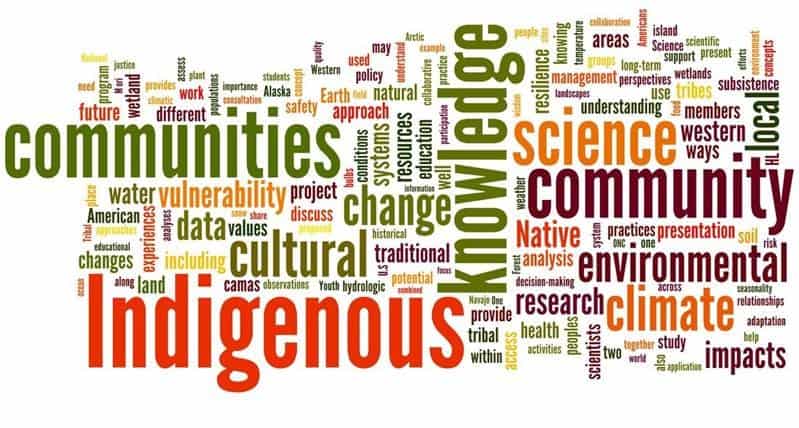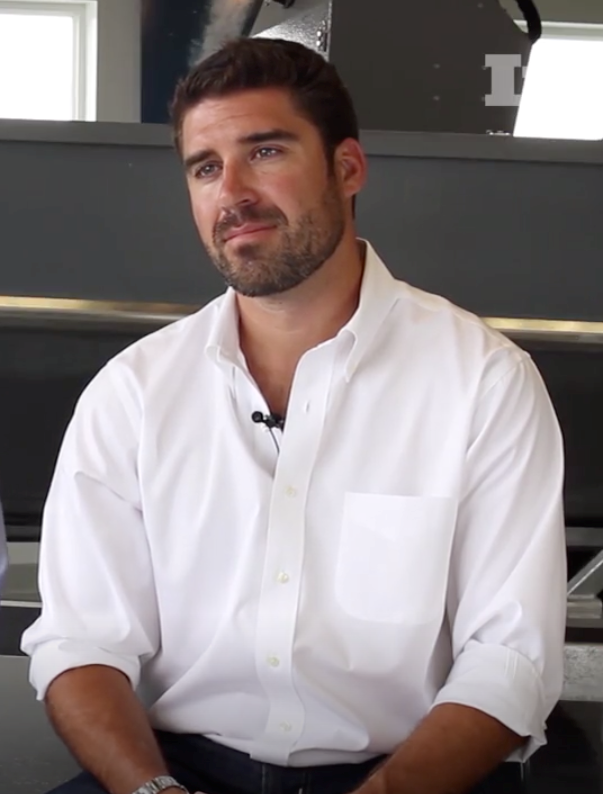
Photo courtesy of Native Science, North Carolina State University
November is Native American Heritage Month, a time to celebrate rich and diverse cultures, traditions, and histories and to acknowledge the important contributions of Native people. As a representative of the #1 life sciences cluster in the world, MassBio has the immense responsibility to encourage the biotech industry to be mindful of the challenges Native Americans face regarding STEM-related careers. Native communities are plagued with extreme poverty, sky-high unemployment and an educational system that is not preparing students for the innovation economy.
Only seven out of 100 Native American kindergarten students will earn a bachelor’s degree. According to the National Action Council for Minorities in Engineering (NACME), Native Americans make up:
- 0.4% of all engineering bachelor's degree recipients
- 0.3% of the engineering workforce
- 0.1% of all engineering faculty
When we talk about Equity, Diversity & Inclusion (ED&I) in STEM, Native Americans are usually not part of the conversation. Therefore, it’s important to shine a light and allow them to tell their own story.
During an interview with Jon Hoflich of Muscogee (Creek) Nation and Co-founder of ReconCraft, he openly discussed embracing Native identity and contributing to the community.
What challenges have you faced in building your company?
Our biggest challenge was initial funding to meet cash flow requirements to scale our business. Numerous lenders liked our story, however, we found it very difficult to set-up our first line of credit without extensive collateral. Like us, many Native Americans lack the very thing that many banks initially demand. It was only through the award of a major government contract that we were able to secure our first line of credit.
Have we moved the needle with recruiting, training, retaining and promoting Native Americans? In other words, is it given the same attention and resources similar to gender equity?
We’ve started to move the needle with tribal-based scholarships and vocational training, however, we’re still in need of a nationwide collaborative effort that will yield a sum far greater than the individual tribes. It’s certainly a priority for the individual tribes, but a consolidated effort will provide much greater awareness and opportunities to people and organizations outside of the direct sphere.
Native Americans in biotech are practically invisible – what do you think are the contributing factors to this problem? How should we address these issues or overcome these barriers?
I think it primarily revolves around the fact that many Native Americans don’t realize that they have a voice that will be heard. Once we can establish a channel where there is active listening and genuine intent from corporate leaders to develop a framework of action, we’ll see more and more Native Americans speaking out and providing value to our organizations.
Do you think it is encouraged for Native Americans to bring their culture and ‘true-selves’ to work or to ‘assimilate’?
For Native Americans, ‘assimilating’ has long been perceived in the same mantra of ‘do your job, keep your head down, and you’ll be successful’. Without awareness, there isn’t a baseline of encouragement and without encouragement, the safe play for aspiring Native Americans includes de-emphasizing their heritage and making it a non-issue. It’s the reason why so many Native Americans in so many industries are invisible.
What is something about being Native American that you would like for those in the biotech industry to know?
That diversity is force multiplier, not a burden or a quota. In my professional life, as a military officer and a business owner, I have learned powerful lessons from people at all levels of the hierarchy. I was fortunate to ascend the military’s rank structure and to make significant impacts as a mid-level officer, but I also know what it’s like to be at the bottom and to feel that my opinion or ideas didn’t matter. Everyone has good ideas and should have the opportunity to develop goals and work toward realizing them while leveraging their unique perspectives.
Until we begin acknowledging the issues of the past, start teaching more in-depth Native American history (in an engaging sense without masking the truth), and ensure quality STEM education is accessible to all Native communities, we will not address any of the pipeline issues (educational, workforce development, entrepreneurial) in any meaningful way. We will not make equity gap progress until we regress. Native Americans are not your mascot. They are this country’s foundation and their voices need to be heard.
About Jon Hoflich:
 Co-founder of ReconCraft, Jon works with domestic and international military/defense clients to develop unique solutions that support their extremely diverse tactical and mission requirements.
Co-founder of ReconCraft, Jon works with domestic and international military/defense clients to develop unique solutions that support their extremely diverse tactical and mission requirements.
In addition to managing strategic partnerships, Jon overseas ReconCraft’s R&D programs.
Prior to founding ReconCraft, Jon served as a commissioned officer in the U.S. Coast Guard, including positions as both a Commanding Officer and Executive Officer of U.S. Coast Guard Cutters.
Jon is a graduate of the U.S. Coast Guard Academy and is honored to be a Native American citizen of the Muscogee (Creek) Nation. Jon currently lives in Boston, MA.